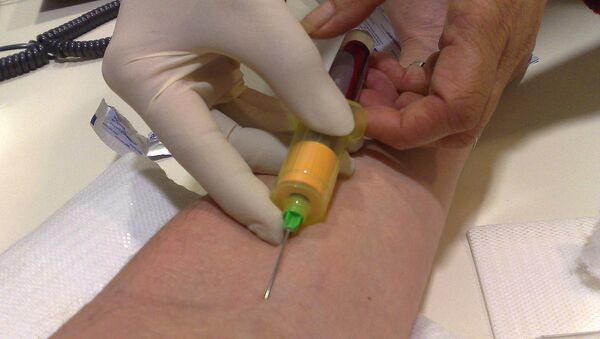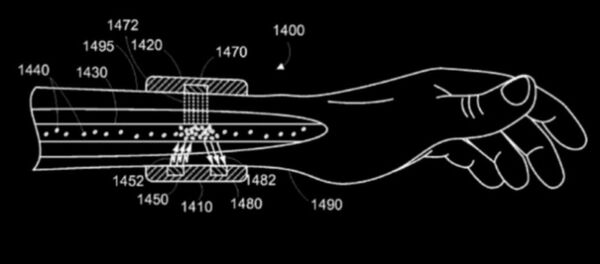The new study from Northwestern and Harvard Universities tracked small but significant genetic changes in people's DNA over many years and found that changes in chromosome structure successfully predicted who would develop cancer years later.
The ends of chromosomes feature protective caps called telomeres, and researchers found that in certain patients — who later developed cancer — those telomeres were shorter than they should have been. The telomeres also continued to erode significantly over time, until about 4 years before patients developed cancer.
"Because we saw a strong relationship in the pattern across a wide variety of cancers, with the right testing these procedures could be used eventually to diagnose a wide variety of cancers," Dr Lifang Hou, the lead author of the study — published in the journal Ebiomedicine — told the Telegraph.
"Understanding this pattern of telomere growth may mean it can be a predictive biomarker for cancer."
Knowing years beforehand that you are going to develop cancer, while potentially frightening, could empower people to make lifestyle changes to reduce their risk.
The study — the first of its kind — tracked the telomeres of 792 people for 13 years, 135 of whom were eventually diagnosed with cancers of various types. The length of telomeres have long been used as a marker of biological age, and in this study, the people who developed cancer had telomeres that appeared as much as 15 years older than the people who never got cancer.
The rapid aging of the telomeres stopped however, about three or fours years prior to the appearance of cancer. This may have been why previous studies, which looked at telomeres, but not at multiple points in time, had produced inconsistent results.
"We saw the inflection point at which rapid telomere shortening stabilizes," Hou said. "We found cancer has hijacked the telomere shortening in order to flourish in the body."



